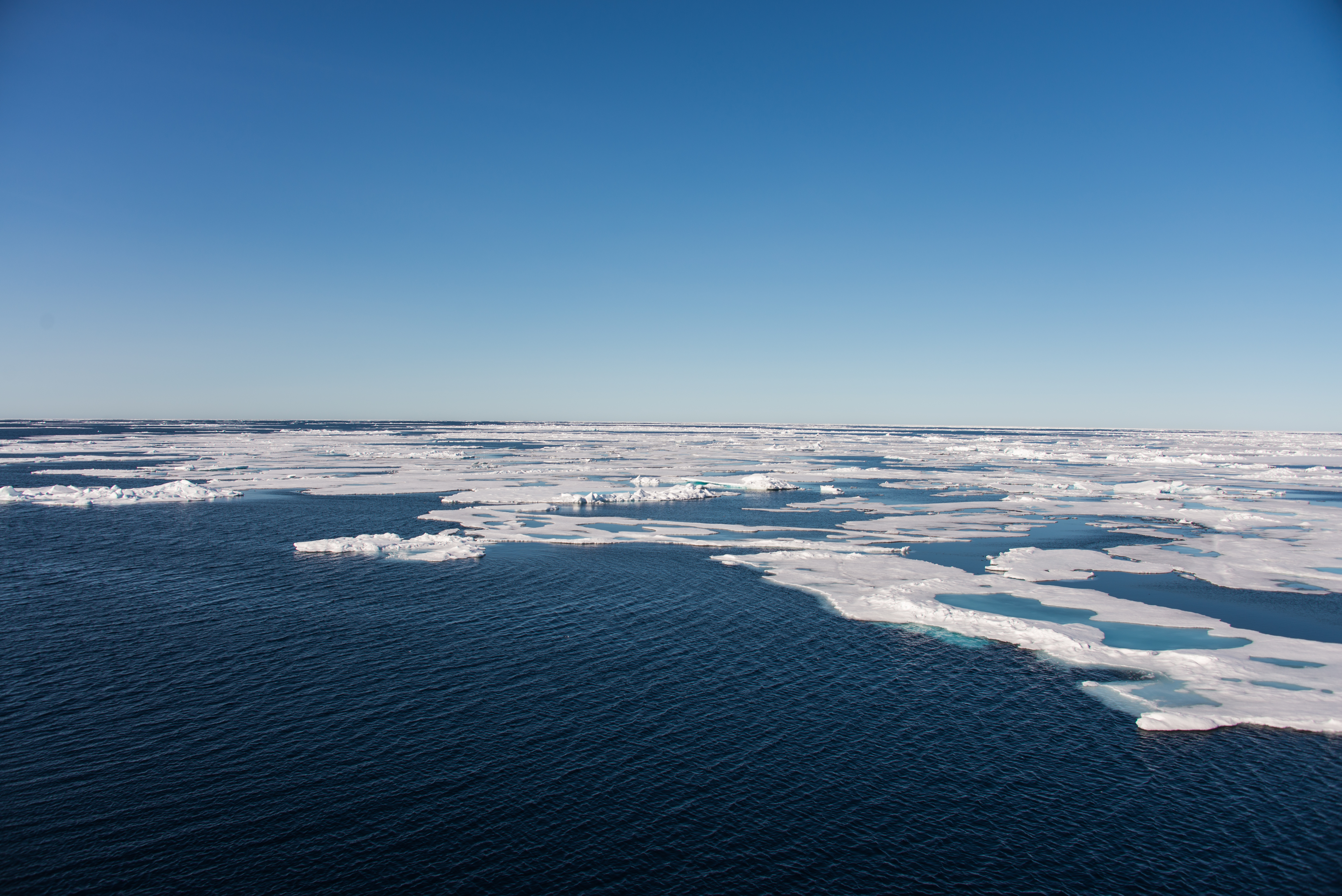A freezing swim to call attention to warming waters

Before he got in the water on Saturday, Lewis Pugh was terrified.
Pugh, 47, is a British endurance swimmer who has conquered a gantlet of extraordinary swims in the last 30 years, from a dip in a glacial lake at Mount Everest to a full circuit around the Cape of Good Hope in South Africa, where he was raised. He has no problem with swimming, per se.
But on Saturday, he was set to dive into an ocean that was 31 degrees Fahrenheit (minus 0.5 degrees Celsius), situated along the edge of an Arctic ice pack. Had it been fresh water, it would have already been frozen.
“You just don’t know how your body’s going to respond to this type of thing because no human’s ever done it before,” Pugh said in an interview Tuesday. “All the fear is on your shoulders.”
The swim, which took place north of the Norwegian island of Spitsbergen, the largest island in the Svalbard archipelago, constituted the first leg of a tour Pugh is taking of the Arctic Ocean as part of his role as the United Nations patron of the oceans, in which he advocates on behalf of ocean health.
In the coming weeks, he will take ceremonial swims in Lancaster Sound, in the Canadian Arctic, and off Franz Josef Land, an archipelago in the Russian Arctic, all to promote awareness of the threats climate change poses to oceans.
But he said that he is unlikely to ever again take a swim as chilly and as long as the one he took Saturday.
He spent 22 minutes in the water, during which, he said, he experienced the most intense cold of his life. At the end, he was pulled out with the help of a photographer, Kelvin Trautman. By that point, his limbs were so cold that he only managed to hold on to Trautman by biting down on the photographer’s drysuit.
Once out of the water, Pugh was transferred quickly to a hot shower, where he stayed, seated in a chair, for close to an hour, long enough for his body temperature to return to normal.
“Once you’ve experienced extreme cold, you never quite thaw out,” Pugh said. “It goes deep down into your muscles and into your memory.”
Ocean temperatures have risen consistently over the last three decades, and the vast majority of the excess heat produced by greenhouse gas emissions is absorbed by the seas. The rising temperatures have put marine life under extreme stress and have led to the collapse of miles of ice that will contribute to a rise in sea levels.
Pugh said he has experienced some of the warming firsthand. Training for Saturday’s swim, he returned to waters in northern Norway that he had endured more than a decade ago, and he found them to be significantly warmer during the same time of the year. A training swim he completed this year, in front of a fjord on the coast of Spitsbergen, took place in a stretch that had been occupied by a solid glacier in 2005.
Experts say that for people who have not trained as Pugh has, the temperatures with which he is contending would be fatal.
“Most people would die within a very short time,” said Tim Noakes, a physiologist who has worked with the swimmer since 2003. He explained that cold water causes people to hyperventilate, increasing the pH levels of the blood and leading to reduced blood flow to the brain, and confusion.
Noakes discovered that Pugh’s body temperature spikes as high as 38.4 degrees Celsius (about 101 degrees Fahrenheit) in the minutes before a swim, a temperature which in most people would indicate a low-grade fever. Noakes called the phenomenon “anticipatory thermogenesis,” and while he is not sure what causes it, Pugh attributes it to his fear at what’s about to come.
On Tuesday, three days after the swim, Pugh still sounded shaken by the experience. Asked if he would ever repeat it, he said, “I ain’t got it in me.”
“I’ve been swimming for 30 years now, and I will be fighting for the protection of the polar regions until my last day,” he added. “But whether I can squeeze out what I squeezed out swimming along the edge of the Arctic ice pack … once you’ve been there, you don’t want to go there again, no.”